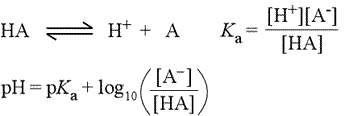Clean as follows:
1. Soap and Water.
2. Rinse thoroughly.
If you are using a semi-porous reservoir, like plastic, the directions end there.
If you are using a glass reservoir, or an extremely smooth plastic surface (like teflon or something) then you can get away with using bleach.
You probably can as well with a normal plastic res, but I don't recommend it. Try as we might to get rid of stuff, some of it always finds a way to stick around--and bacteria really hate bleach :) Soap and water will usually do the trick. You may also use acids and bases in order of increasing strength to get out any stains. Usually you'll do like a baking soda paste first, scrub, rinse that out well--and then come at with some vinegar. Next step would be NaOH/HCl. After that you probably don't want to "clean" with acid anymore as it can get really dangerous.
As always if bleaching or using acid/base--safety glasses are a must.
Rubbing alcohol is a good alternative to bleach if you really must get some chemicals in there to get shit out,
hydrogen peroxide will also work well and isn't as persistent as bleach.
For a sense of where I'm coming from here:
In every lab at university, excepting the biochem lab, the cleaning procedure for glassware and other apparatus were pretty standard. Hit it with some acetone to get all the nasties out--these go in a waste jug--then hit it with soap and water (waste goes down the drain). Finish it off with ethanol and let dry.
The only differences in the whole university were in the analytical lab and the biochem lab.
In analytical lab a special mix of acids, detergents, et al was used in a sonication bath to clean all glassware. This lab has higher standards because it's focus is finding out stuff about specific samples, and care must be taken to avoid contamination.
In the biochem lab the rule was basically soap and water on anything, and you're the devil if you put a chemical on their glass. I actually got scolded in the biochem lab for ruining a piece of glassware by using a common laboratory technique to speed drying--I used the nitrogen line to run a stream of nitrogen over the glass so that it would evaporate faster. She complained that there was oil in those lines that might damage bacteria or corrupt samples. The glassware was thrown out, not cleaned, thrown out.






